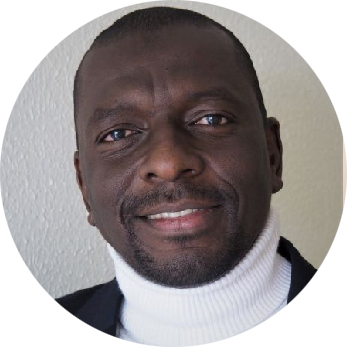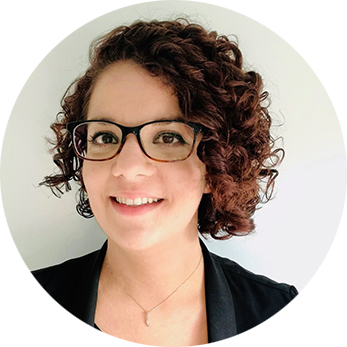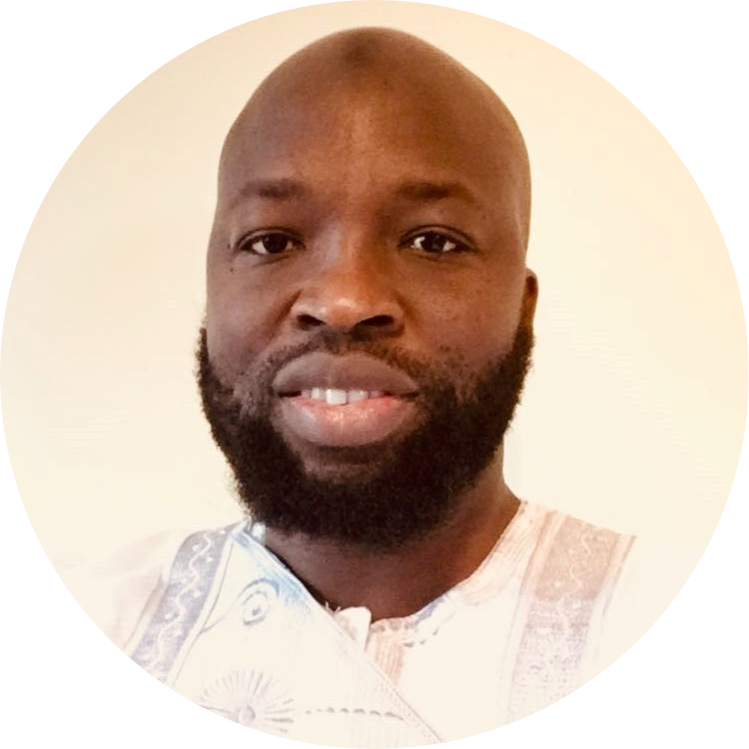Health discourses as moral communication? Linguistic case studies from Côte d'Ivoire and Cameroon
Research Section Moralities
Project duration: 01.09.2019 – 31.08.2023
Find an overview of the project (PDF) here.
Summary
The project investigates manifestations of ethics or morality – two concepts we use interchangeably – in everyday talk by zooming in on health communication in Cameroon and Ivory Coast. It draws on constructivist and phenomenological conceptualizations of ethics by assuming that there are no moral phenomena as such, but that ethics is intimately tied to interaction. According to this view, conversationalists are ‘doing ethics’ by constantly and co-constructively bringing about the moral meaning of a state of affair or an event. Hence, doing ethics relies largely on communicative practices. With our interest in moral communication, we first aim to gain a better understanding of the still under-investigated relation between ordinary ethics and language in general. Second, and more specifically, we intend to examine some of its linguistic manifestations and thus to contribute to a description of pragmatic features in African varieties of French.
Key questions
In order to study everyday ethics from a linguistic and communicative perspective we tackle two main, closely intertwined research questions: Which are the forms and which are the functions of moral communication? Due to the current pandemic, we narrowed down our interest in health communication on Covid-19 discourses in Cameroon and Ivory Coast while also investigating sensitization measures on early pregnancies in one of the PhD projects.
Methods and concepts
A descriptive understanding of doing ethics requests an empirical approach. Our database consists mainly of face-to-face conversations, mostly structured interviews, enriched by examples from the social media. The oral data are audiotaped and then transcribed for the purpose of a subsequent analysis. Here we resort to qualitative and interpretative methods by drawing on theoretical insights from Discourse Analysis, Conversation Analysis and Interactional Linguistics.
Vision
Our paramount aim is to investigate the interactive processes by which moral meanings emerge and are negotiated in health communication with a special focus on Cameroon and Ivory Coast. In doing so we will contribute first to a better theoretical framing of doing ethics by focusing on its linguistic and communicative aspects and second advance its empirical study by means of a data-based analysis which targets its most prominent forms and functions in specific media and face to face settings.
Contribution or relation to the Clusters aims & goals
Dealing with the heterogeneous African worlds from the viewpoint of language, the project focuses on two highly diverse linguistic landscapes where French, through its contacts with various other languages, comes to incorporate different world visions, speech habits and moralities. As a key concept multiplicity enables us to capture the different moralities, their linguistic expressions and communicative functions. Relationality is at the heart of our project, since our take on moral communication as emerging in interaction, promotes especially the study of social and personal relations. Reflexivity is crucial insofar as our interest in ordinary ethics inevitably confronts us with membership categories, i.e. the conversationalist's notions of moralities. In addition, reflexivity is a main tool when it comes to evaluate previous research on moral communication, mostly carried out in Western countries with reference to data from the global North, as an appropriate theoretical framework for the African context. Finally, our research topic has an important heuristic potential which we will play out both in our multinational research team and in our interdisciplinary research section.
Project Team

Romance and General Linguistics, University of Bayreuth
Principal Investigator
E-Mail: martina.drescher@uni-bayreuth.de

Communication and Language Sciences
University of Bayreuth & University of Bouaké (Ivory Coast)
E-Mail: oumarou.boukari@uni-bayreuth.de

French Language and Linguistics
University of Dschang (Cameroon)
E-Mail: tsofackb@yahoo.fr

BIGSAS
E-Mail: Laura.Guadagnano@uni-bayreuth.de

E-Mail: adama.drabo@uni-bayreuth.de
Further links / key references
- Drescher, Martina (2020): The Moral Taste of Food. A Discourse Analysis of Social Media Discussions about Vegetarianism and Veganism. In: Rüdiger, Sofia / Mühleisen, Susanne (eds) : Talking about Food: The Social and the Global in Eating Communities. Amsterdam: John Benjamins, 35-56.
- Drescher, Martina / Boukari, Oumarou / Ngawa Mbaho, Carline Liliane (2022): Une étude comparative des discours sur le Covid-19 en Côte d'Ivoire et au Cameroun beaucoup de peur et de questionnement. - Bayreuth, Germany. - IV, 29 S. doi:10.15495/EPub_UBT_00005984
- Boukari, Oumarou (2020) : Investigations linguistiques et pragmatico-discursives autour des violences verbales dans les interactions Songhay-Zarmas : entre transgression, discours moral et morale du discours, Lɔŋgbowu, Revue des Lettres, Langues et Sciences de l’Homme et de la Société, N° 009, vol. 2, Kara : Université de Kara, 76-90.
- Boukari, Oumarou & Tetereou, Djibrila. (2021). Laa’ilaah ! De la profession de foi au marqueur de discours moral en fulfulde: une pragmaticalisation qui ebranle les categories linguistiques. Revue Internationale de Linguistique Appliquée, de Littérature et d’Education (RILALE). Vol. 4. N° 2. Université d’Abomey-Calavi. Cotonou. 63-98.
Activities and Events
Upcoming Events
Past Events

